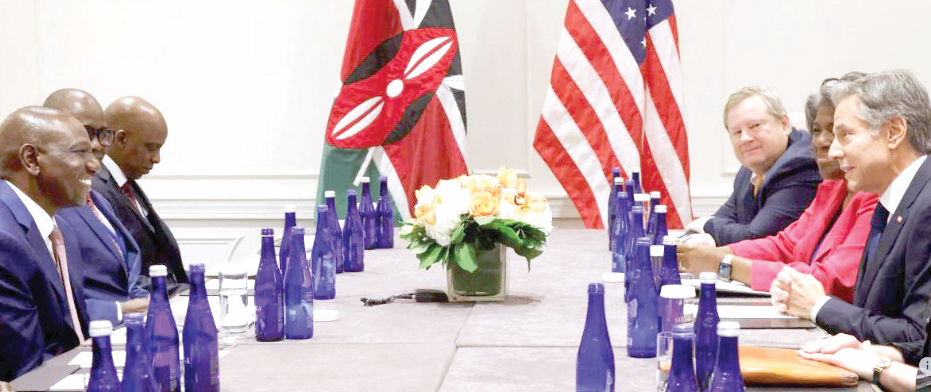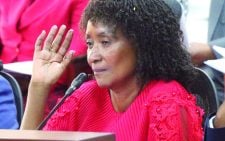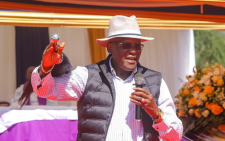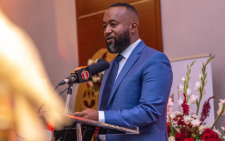Kenya, other allies alert as US votes

Americans go to the polls today to elect their 48th President during a heated season of transition for Kenya’s strongest Western geopolitical and economic allies.
In the United Kingdom, the opposition Conservative Party (the Tories), in a historic vote on Friday, elected the first-ever Black woman its leader to challenge the ruling Labour Party’s Keir Starmer.
Kemi Badenoch will be the Shadow Prime Minister in the House of Commons as the traditionally perceived bastions of democracy contemplate a change of guard in a polarised world wracked by conflict and inequities.
History could be repeated if Democratic Party candidate US Vice-President Kamala Harris defeats the Republican Party’s former President Donald Trump in a dead-heat race that has gone to the wire.
Kenya had its own “mini transition” on Friday when former Interior Cabinet Secretary Kithure Kindiki was hurriedly sworn in as Deputy President after the cavalier impeachment of Rigathi Gachagua in a dramatic falling-out with President William Ruto.
The rumbles in Kenya’s increasingly fragile and fragmented political structures are of great interest to the two Western powerhouses, and Kindiki’s well-orchestrated ascension has everything to do with it.
Days before Kindiki’s appointment, as Gachagua fought an inevitably losing political battle in the courts, the US and the UK sent their most powerful security envoys, CIA Director William Burns and M16 Chief Richard Moore to meet President Ruto.
Although the visit concerned security and geopolitical interests, high on the agenda was the suppression of democracy and the violation of human rights vividly witnessed during Gen Z protests in June that nearly led to the collapse of the government.
Only President Ruto’s forced withdrawal of the unpopular Finance Bill, 2024 from Parliament and the cooption of Opposition leader Raila Odinga’s ODM party allies into the Cabinet rescued the Kenya Kwanza administration from imminent downfall.
However, instead of looking at the root causes of the mass protests and attempting to work on remedial political and economic measures to resolve them, the powers resorted to applying old coercive authoritarian ways that breed dissent and unrest.
While Ruto deftly handled the complex security docket that includes tackling banditry, terrorism and crime, Kindiki also presided over rising levels of police brutality, extrajudicial killings, abductions, disappearances and other gross human rights violations and injustices.
Now as the preferred choice to become the President’s principal assistant and adviser, he must carefully use his professional legal background to shed the unflattering blemish of his stint at the Interior ministry in the eyes of the public, civil society and the international community.
The whole world, including Kenya, is watching where the balance will tilt in the US election, with the economy, immigration and reproductive rights the three most critical issues (according to poll watchers), against the background of the infamous 6 January 2021 attack on Capitol Hill.
Ironically, these issues bear uncanny similarities to the Kenyan situation, where the economy and ethnicity still dominate electoral politics and recently played out in Gachagua’s downfall and Kindiki’s rise – against the backdrop of the storming of Parliament during the Gen Z protests.
Will the US elections serve as a defender of the sanctity of democracy, liberty and human rights that will resonate with the aspirations of the citizens of its geopolitical and trade allies such as Kenya?
We will soon find out during this season of transition.
— The writer comments on political affairs; albertoleny@gmail.com














